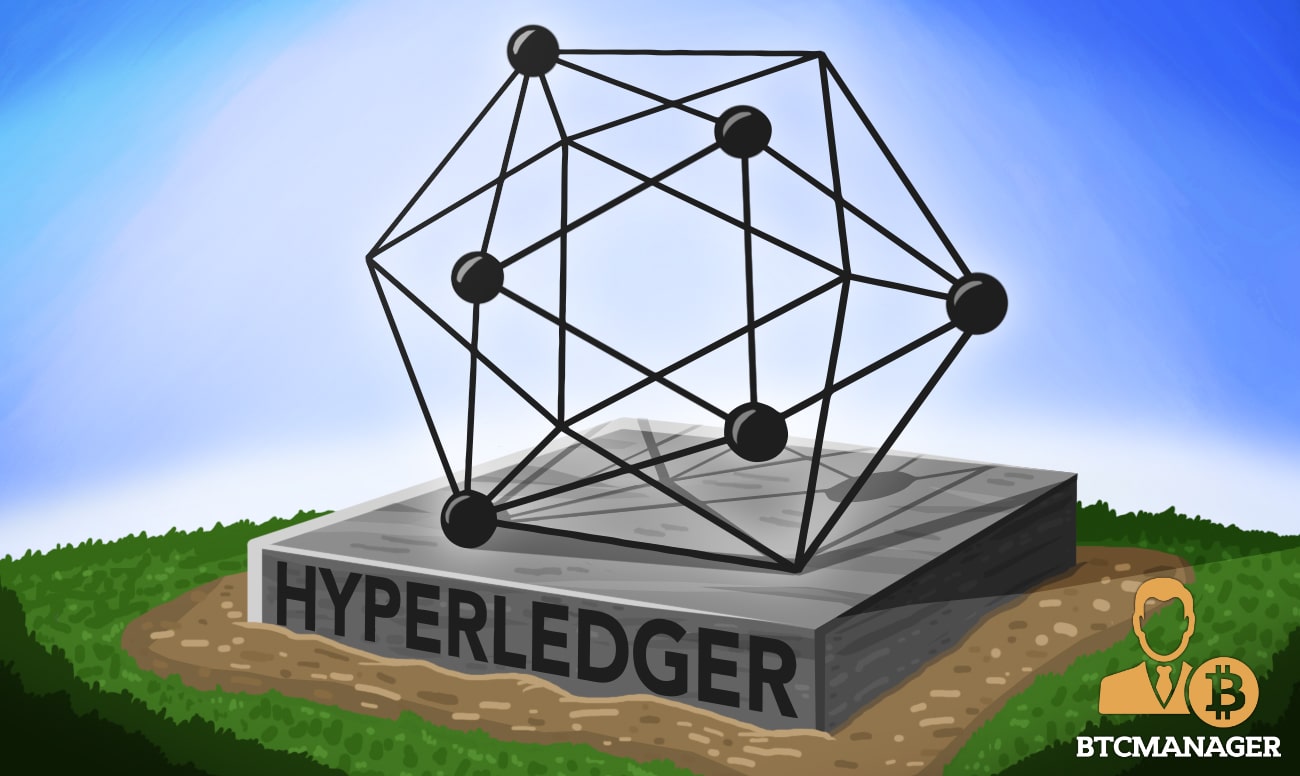Telefonica, Alastria Tap Hyperledger Fabric for Enterprise Blockchain Network

Telefonica and Alastria have inked a strategic partnership deal that will enable them to develop an enterprise distributed ledger technology (DLT) network powered by Hyperledger Fabric. The proposed blockchain platform will come in two versions, according to a LedgerInsights report on February 8, 2021.
Telefonica Adopts Hyperledger
Telefonica, a Madrid-headquartered multinational telecommunications company that has been existing since 1924, is joining forces with Alastria, a non-profit association that claims to be focused on promoting the digital economy via distributed ledger technology (DLT) applications, to launch an Hyperledger Fabric-based blockchain solution.
Per sources close to the matter, the Hyperledger-based blockchain solution from the stables of Alastria and Telefonica will come in two versions: one will function as a costless and open-source distributed ledger that will enable Alastria members to develop DLT proofs of concept as well as simple blockchain applications.
The second version, on the other hand, will be designed as a permissioned distributed ledger for the development of robust applications that will always be available, scalable and highly performant.
Adding Value to the Blockchain Ecosystem
Explaining the idea behind the creation of the blockchain platform, Jose Luis Nunez, head of the Blockchain unit at Telefonica Tech revealed that the move is in a bid to give members of its ecosystem more options to explore the rapidly expanding world of DLT.
“What we seek in collaboration with Alastria is to add more value to the ecosystem by offering them options to explore and develop their solutions in a collaborative environment and to later industrialize them with guarantees.”
Notably, Alastria, which is a member of Linux Foundation’s Hyperledger Alliance, previously built blockchain two blockchain platforms based on Quorum and Hyperledger Besu. And now, the consortium has made it clear that its latest blockchain platforms will be interoperable with the existing ones, as well as the blockchain network being developed by the European Blockchain Service Infrastructure (EBSI) and its proprietary Alastria ID solution.
As reported by BTCManager in February 2019, Telefonica, whose blockchain offering includes hosting services and TrustOS, joined forces with Microsoft in a bid to expand the latter’s Azure platform.













